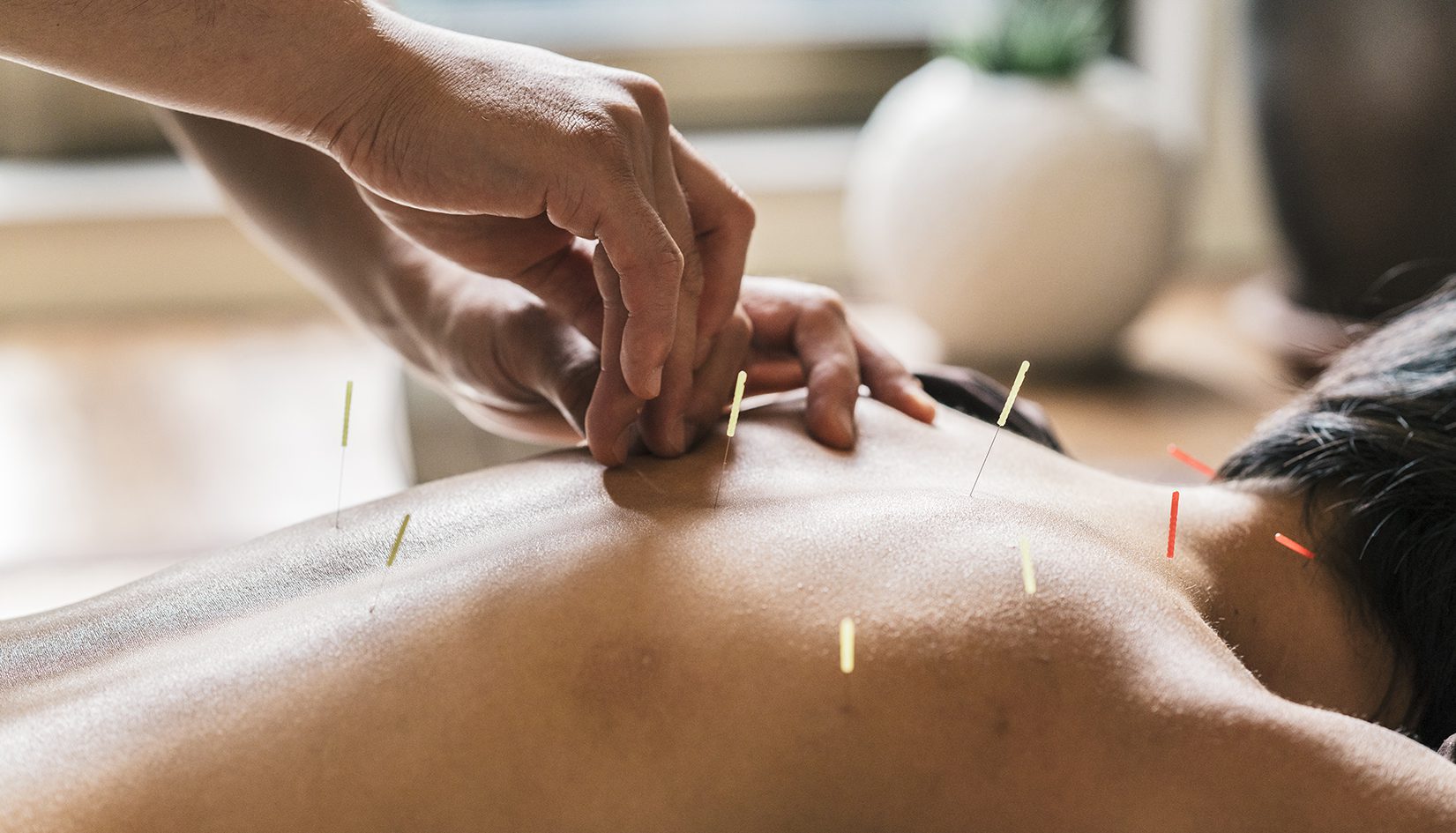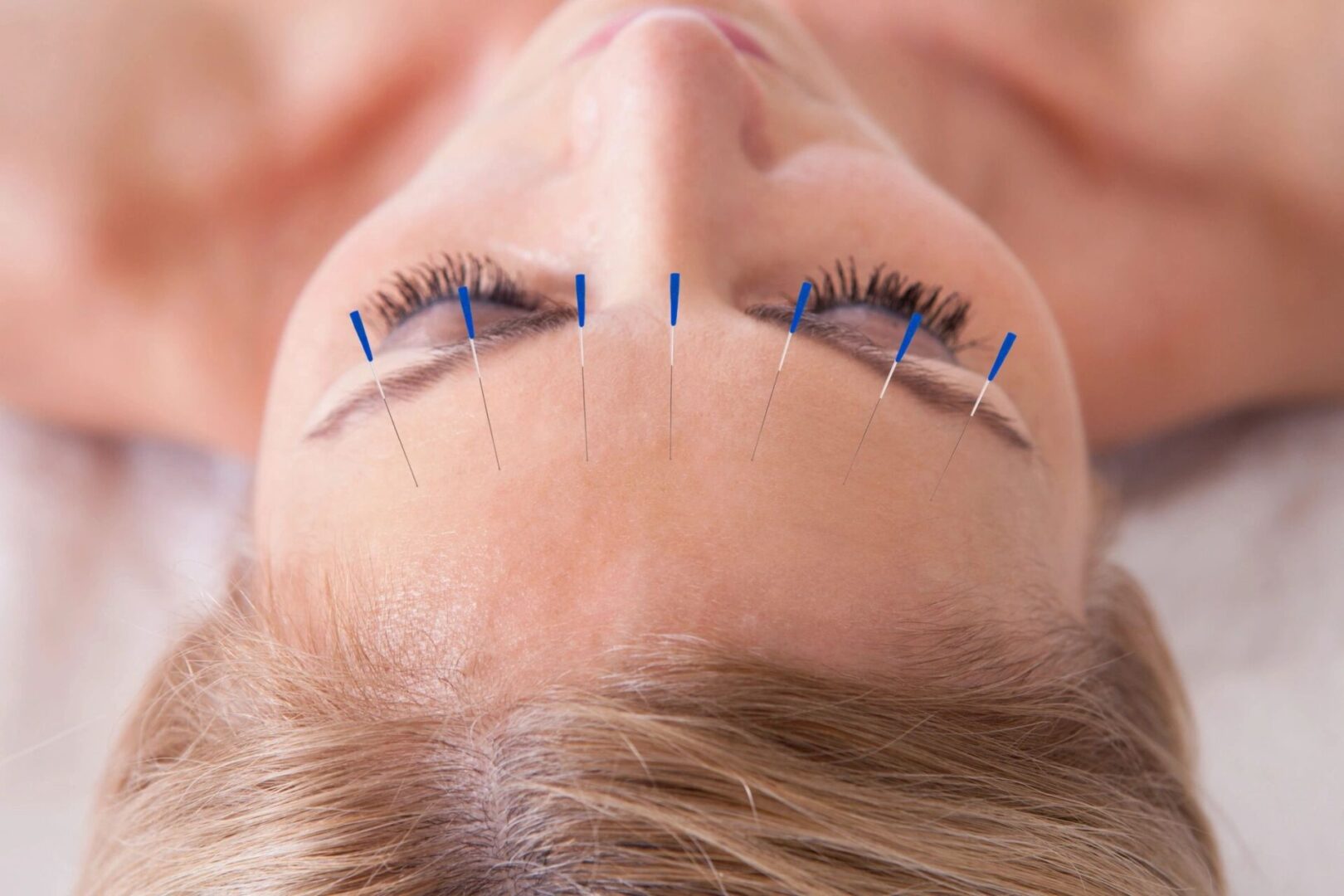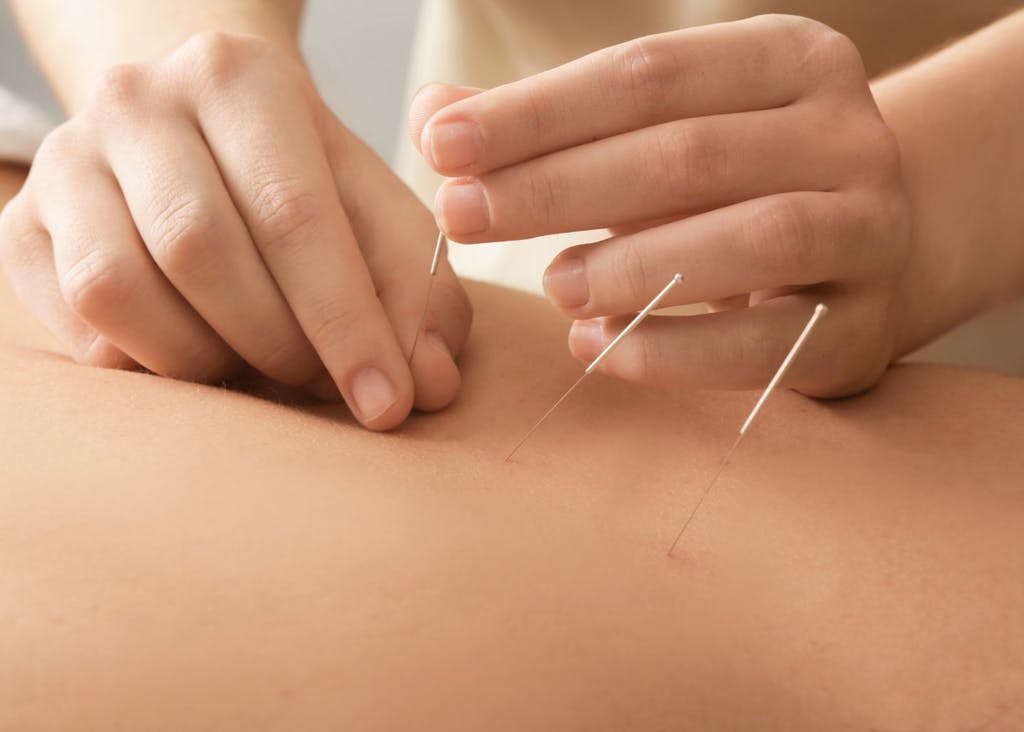What is Acupuncture?
If you’re new to holistic healing as a type of treatment, acupuncture can seem a bit terrifying. However, It’s been studied and practiced for over 2,500 years and many swear by it. Some even going so far as to call it a “miracle” to improving their quality of life because it’s said to be able to treat everything from depression and allergies to morning sickness and cramps.
This minimally invasive approach treats a variety of conditions by triggering specific points and stimulating nerve-rich areas of the skin surface in order to influence tissues, gland, organs, and various functions of the body. Each needle produces a tiny injury at the insertion site, and although it’s slight enough to cause little to no discomfort, it’s enough of a signal for the body to respond. This response involves stimulation of the immune system, promoting circulation to the area, wound healing, and pain modulation.
What acupuncture feels like.
Acupuncturists use hair-thin needles. The majority of people report feeling little to no pain as the needle is inserted. The needle is then inserted to where it produces a sensation of pressure or ache. The needle can be heated or have a mild electric current applied. Some patients report acupuncture gives them an energized feeling, others relaxed.
Instead of needles, other stimulation can sometimes be used such as:
- Friction
- Suction (cupping)
- Impulses of electromagnetic energy
- Heat (moxibustion)
- Pressure (acupressure)
How acupuncture affects the body.
Acupuncture points are points with in the body believed to stimulate your central nervous system (CNS). In turn, your body releases chemicals into areas, such as muscles, spinal cord, and brain; stimulating your body's natural healing process and promoting physical and emotional well-being.
According to the National Institutes of Health (NIH): Studies have shown acupuncture is an effective treatment alone or in combination with conventional therapies to treat:
- Nausea caused by surgical anesthesia and cancer chemotherapy
- Dental pain after surgery
- Addiction
- Headaches
- Menstrual cramps
- Tennis elbow
- Fibromyalgia
- Myofascial pain
- Osteoarthritis
- Low back pain
- Carpal tunnel syndrome
- Asthma
There are studies that support acupuncture may help with stroke rehabilitation
Other conditions that may benefit from acupuncture:
Many western patients seek acupuncture for a relief from chronic pain, like arthritis, or low back pain. However, in other parts of the world, acupuncture is used to treat a wide variety of conditions like:
- Digestive / Emotional
- Ear / Eye / Throat / Gynecological
- Musculoskeletal / Neurological
- Respiratory / IBS / Prostatitis
You should always talk with your health care provider when considering a new treatment. Be aware that not all insurance will cover acupuncture.



